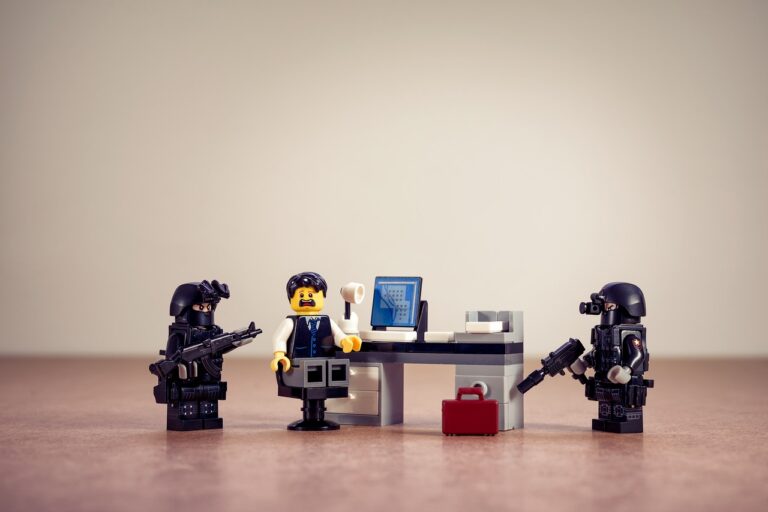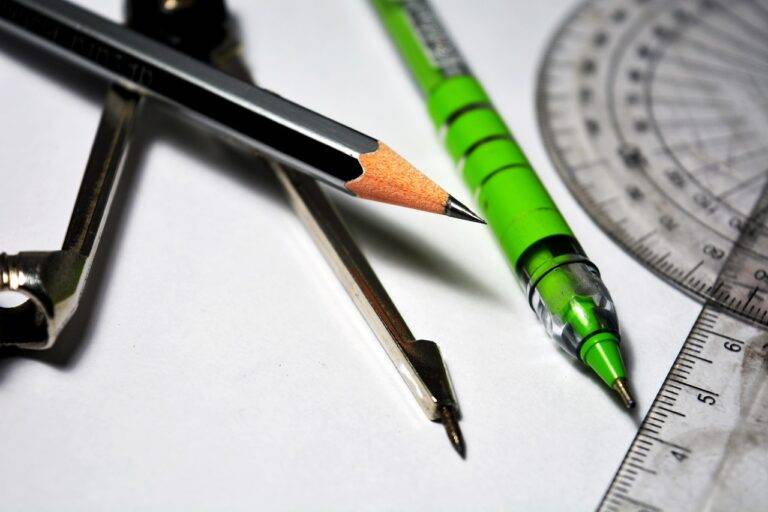The Psychology of Jewelry Attachment: Attachment Styles and Relationships: Bit bhai 9, Radhe exchange, Lotus365.win login
bit bhai 9, radhe exchange, lotus365.win login: Jewelry holds a unique place in our lives. It can symbolize love, nostalgia, success, or simply be a fashion statement. But have you ever stopped to think about why we develop such strong attachments to our jewelry? The answer lies in the field of psychology and our attachment styles in relationships.
Attachment styles, first studied by psychologist John Bowlby, refer to the way we form emotional bonds with others based on our early experiences with caregivers. These attachment styles can influence how we interact with and value objects like jewelry. Let’s delve deeper into the psychology of jewelry attachment and how it relates to our relationships.
1. Secure Attachment Style: People with a secure attachment style tend to have healthy relationships based on trust and mutual respect. They may view their jewelry as a way to express their individuality or mark important milestones in their lives.
2. Anxious Attachment Style: Individuals with an anxious attachment style may use jewelry as a way to seek validation or reassurance from others. They may feel a strong emotional connection to their jewelry and wear it as a source of comfort.
3. Avoidant Attachment Style: Those with an avoidant attachment style may have a more detached relationship with their jewelry. They may see it as a superficial accessory rather than something with deep emotional meaning.
4. Fearful Attachment Style: People with a fearful attachment style may have a complicated relationship with their jewelry. They may feel conflicted about forming emotional connections with objects and may struggle to let go of jewelry that holds sentimental value.
5. The Influence of Relationships: Our attachment styles in relationships can shape how we view and value jewelry. For example, individuals who have experienced betrayal or abandonment in past relationships may have a harder time letting go of jewelry that reminds them of those experiences.
6. Healing Through Jewelry: On the other hand, jewelry can also be a tool for healing in relationships. Wearing a piece of jewelry that holds positive memories or represents personal growth can be empowering and help individuals move forward from past traumas.
7. The Role of Communication: Understanding the psychology of jewelry attachment can also improve communication in relationships. Partners can learn to appreciate and respect each other’s attachment to certain pieces of jewelry, leading to a deeper understanding and connection.
In conclusion, our attachment styles in relationships play a significant role in how we form emotional connections to jewelry. By recognizing and understanding these patterns, we can gain insight into our own behaviors and improve the way we relate to both our jewelry and our loved ones.
FAQs:
Q: Can jewelry really affect our relationships?
A: Yes, jewelry can have a symbolic meaning that can impact our emotions and relationships.
Q: How can I use jewelry to strengthen my relationship?
A: You can choose meaningful pieces of jewelry that represent love, commitment, or shared experiences with your partner.
Q: Is it normal to feel attached to jewelry?
A: Yes, it is normal to form emotional connections to items like jewelry, especially if they hold sentimental value.







